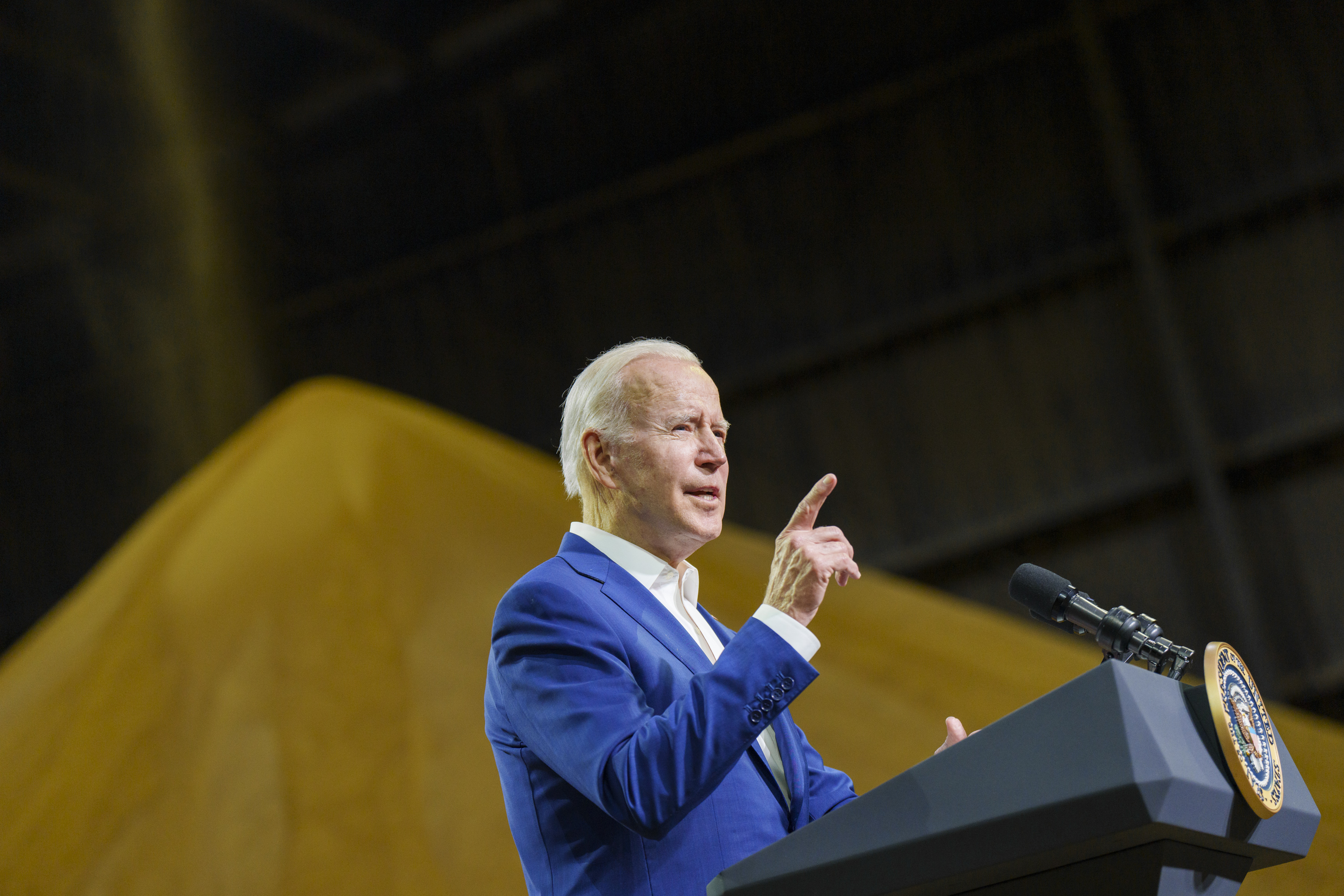Log-in here if you’re already a subscriber
Ethanol has long presented a thorny political problem in the United States: a controversial industry that has enjoyed outsized support thanks to Iowa’s influential role in the presidential selection process. Now, the ethanol industry has shifted its focus to aviation.
As the Biden Administration stands up its SAF Grand Challenge, an ambitious commitment to scale up production of sustainable aviation fuel to 35 billion gallons per year by 2050, ethanol producers are angling to play a leading role. Touting new, more sustainable farming practices and other technologies that reduce ethanol’s carbon footprint, they say ethanol could help supply the enormous volumes of SAF the aviation industry will need to decarbonize.
Related: Understanding the path to 100% SAF
Environmentalists are resistant, pointing to the failures of the Renewable Fuel Standard (RFS) — which mandates increasing amounts of biofuels in gas and diesel sold in the U.S. — as an argument for keeping first-generation biofuels out of the SAF market. On May 31, six environmental groups sent an open letter to White House National Climate Advisor Gina McCarthy, urging the administration to refocus the SAF Grand Challenge away from crop-based fuels like corn starch ethanol and instead toward “low-carbon, high-integrity SAFs, such as those made from wastes, residues, and renewable electricity”.
The SAF Grand Challenge sets a near-term goal of three billion gallons of SAF production by 2030, but because advanced fuels will take additional time to mature, the environmental groups recommend slashing that target in half. Speaking at the biennial general meeting of the Commercial Aviation Alternative Fuels Initiative (CAAFI) in June, John Holler of the World Wildlife Fund, a signatory to the letter, framed the issue as one of quality versus quantity.
Related: First Biden budget to accelerate push toward Boeing 737 replacement
“If we can as a country produce beyond a stated target that meets strict sustainability criteria and the strong emission reduction threshold, that’s amazing, we should absolutely do that,” Holler said.
“But the concern is putting out a lofty goal that prioritizes quantity over quality. If we start running out of high-quality feedstocks that meet those sustainability prerequisites, the pressure is going to be on producing the easiest, cheapest fuels that we can produce with volume. And the concern is that those would come with less environmental integrity.”
Subscribe to continue reading...Subscribe to Continue Reading
Our award-winning aerospace reporting combines the highest standards of journalism with the level of technical detail and rigor expected by a sophisticated industry audience.
- Exclusive reporting and analysis on the strategy and technology of flying
- Full access to our archive of industry intelligence
- We respect your time; everything we publish earns your attention


